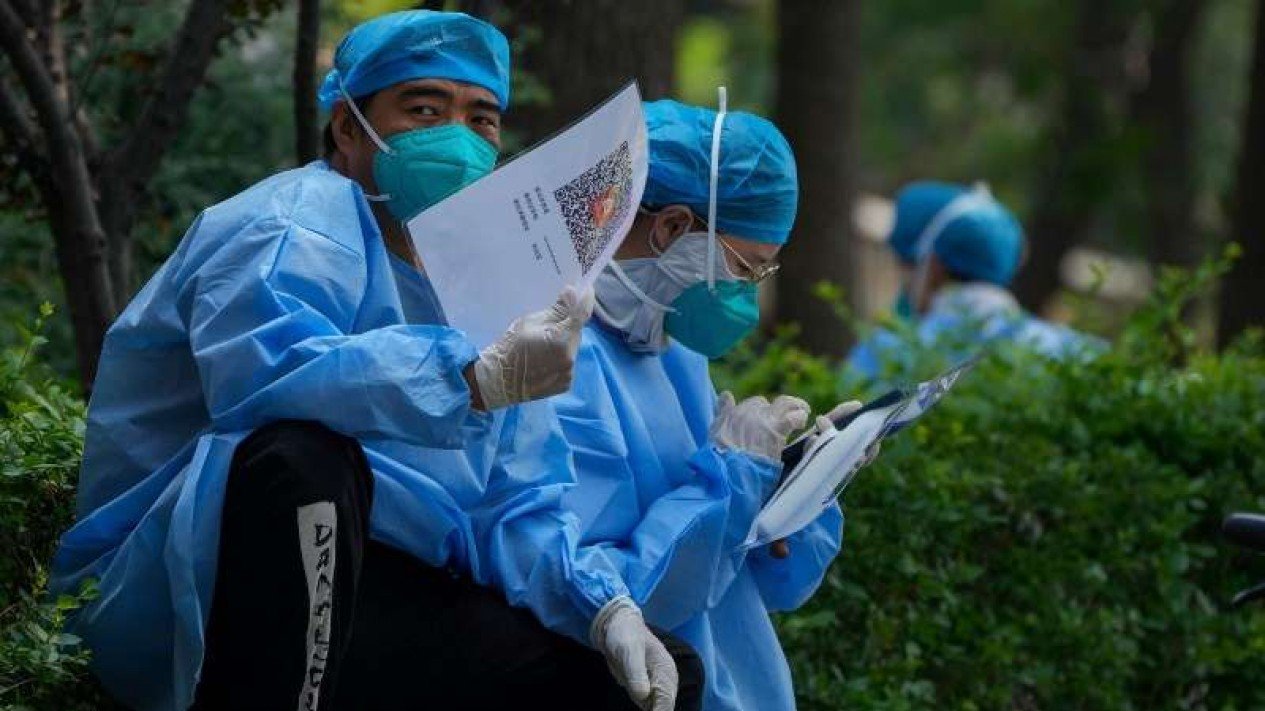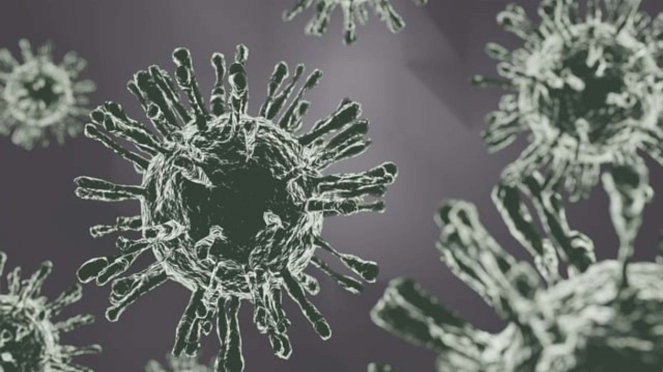China Battles Human Metapneumovirus: What You Need to Know

- AP Photo/Andy Wong
Beijing, VIVA – Recently, China has been facing a surge in hospital patients showing severe flu-like symptoms such as high fever, runny nose, and difficulty breathing.
The cause is suspected to be linked to Influenza A virus and Human Metapneumovirus (HMPV), which have become the center of public discussion.
“Hospitals in China are crowded with patients showing severe flu symptoms, suspected to be infected with Influenza A and Human Metapneumovirus (HMPV). The patients range from children to adults, experiencing fever and nasal congestion,” as quoted from @pandemictalks on Tuesday (Dec 31).
Although not as well-known as other viruses, Human Metapneumovirus (HMPV) has a significant impact, particularly on vulnerable groups such as children, the elderly, and individuals with weakened immune systems.
The virus is said to exhibit a pattern of spread similar to other flu viruses.

Ilustrasi virus.
- Pixabay
According to the CDC website, Human Metapneumovirus (HMPV) is a virus that infects the respiratory tract and was first identified in 2001.
This virus belongs to the Pneumoviridae family, which also includes the Respiratory Syncytial Virus (RSV). Typically, HMPV affects children, the elderly, and individuals with compromised immune systems.
The symptoms of HMPV range from mild to severe. Generally, the infection causes cough, fever, nasal congestion, and shortness of breath.
In more severe cases, especially among vulnerable groups like infants or the elderly, HMPV can lead to serious complications such as pneumonia or bronchitis.
HMPV spreads through direct contact with an infected person or through droplets from coughing and sneezing.
The virus can also spread via contaminated surfaces, such as door handles or tables, and transfer to the body when hands touch the mouth, nose, or eyes.
Here are some preventive measures to reduce the risk of contracting HMPV:
• Wash hands regularly with soap and running water.
• Clean frequently touched surfaces, especially in public areas.
• Avoid close contact with sick individuals.
• Wear a mask when in crowded places.
Unfortunately, there is currently no specific treatment for HMPV. Care is usually supportive, such as taking fever-reducing medications, staying hydrated, and getting enough rest.
However, patients with severe symptoms should seek medical attention in a hospital.